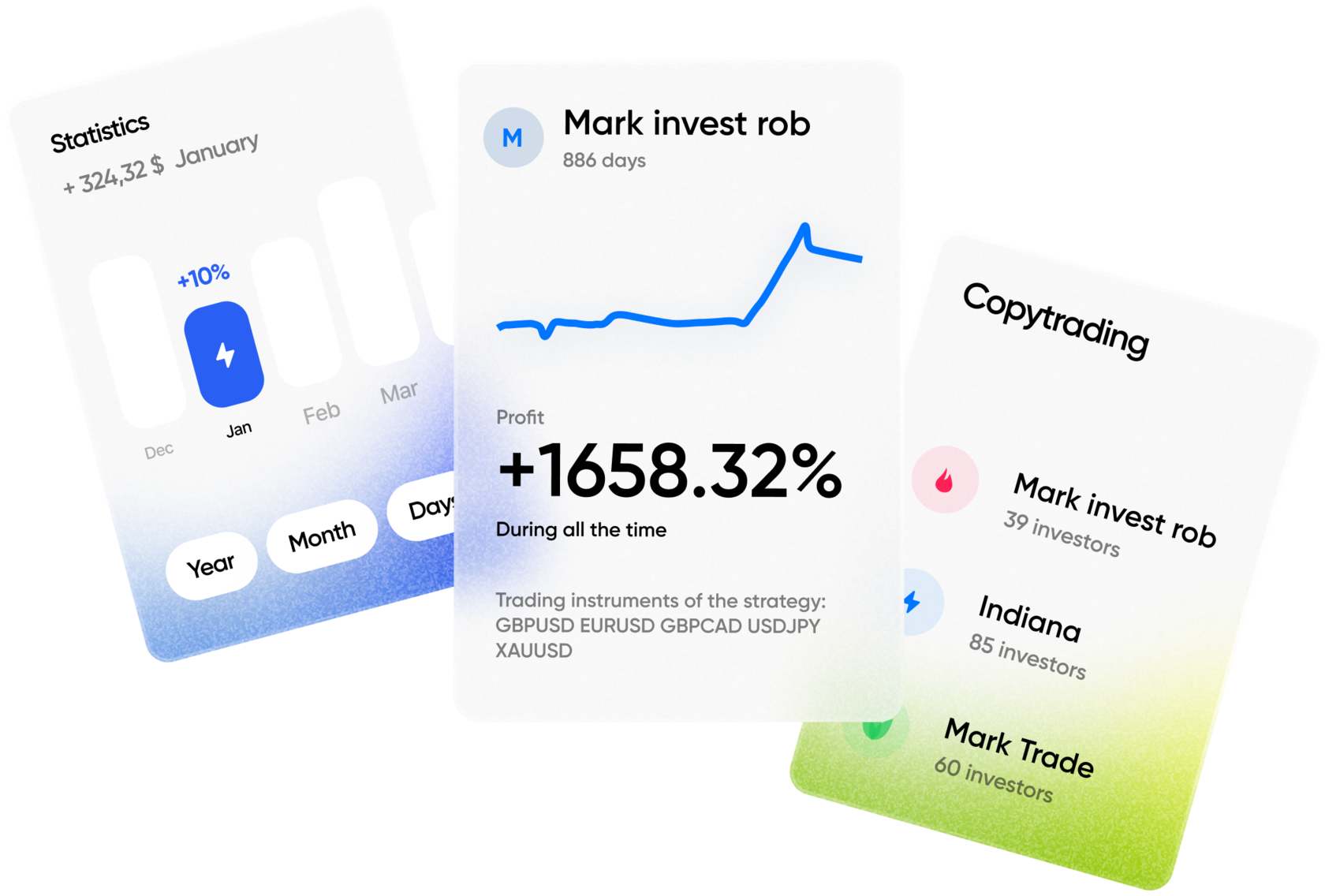Global stock markets ended Thursday, January 8, without showing a clear direction. Rising inflation continues to concern investors and reduces expectations for interest rate cuts. Uncertainty surrounding Donald Trump’s future policies has added to market unease. The possibility of trillions of dollars in bond offerings has driven government bond yields higher. This trend has impacted bond markets around the world, Bloomberg reports.
The Federal Reserve released the minutes of its December meeting on Wednesday. These minutes revealed that officials are worried about Trump’s proposed tariffs and stricter migration controls. They believe these measures could push inflation higher and destabilize the economy. This has led to cautious moves by investors, particularly in bond markets.
British gilts have been hit hardest by the global bond sell-off. Their yields have risen to the highest level in 16.5 years. This increase has sparked fears about the U.K.’s financial stability and economic outlook. Many analysts see this as a signal of deeper issues in the country’s economy.
Russ Mould, the investment director at AJ Bell, emphasized that this issue is not confined to the U.K. He explained that the sell-off is part of a broader global trend caused by high government debt levels. Rising debt burdens have made investors more cautious about bonds, especially in volatile markets.
At the same time, doubts about the U.K.’s GDP growth prospects are growing. Many experts worry that economic challenges, combined with high debt levels, could hurt long-term recovery. Investors are closely watching upcoming economic data for signs of stability or further trouble.
Despite these concerns, some markets have shown resilience in the face of global uncertainties. Technology stocks, for example, remain a popular choice for investors seeking stability and growth. As inflation and policy concerns persist, markets will continue to react to changes in global economic conditions.







